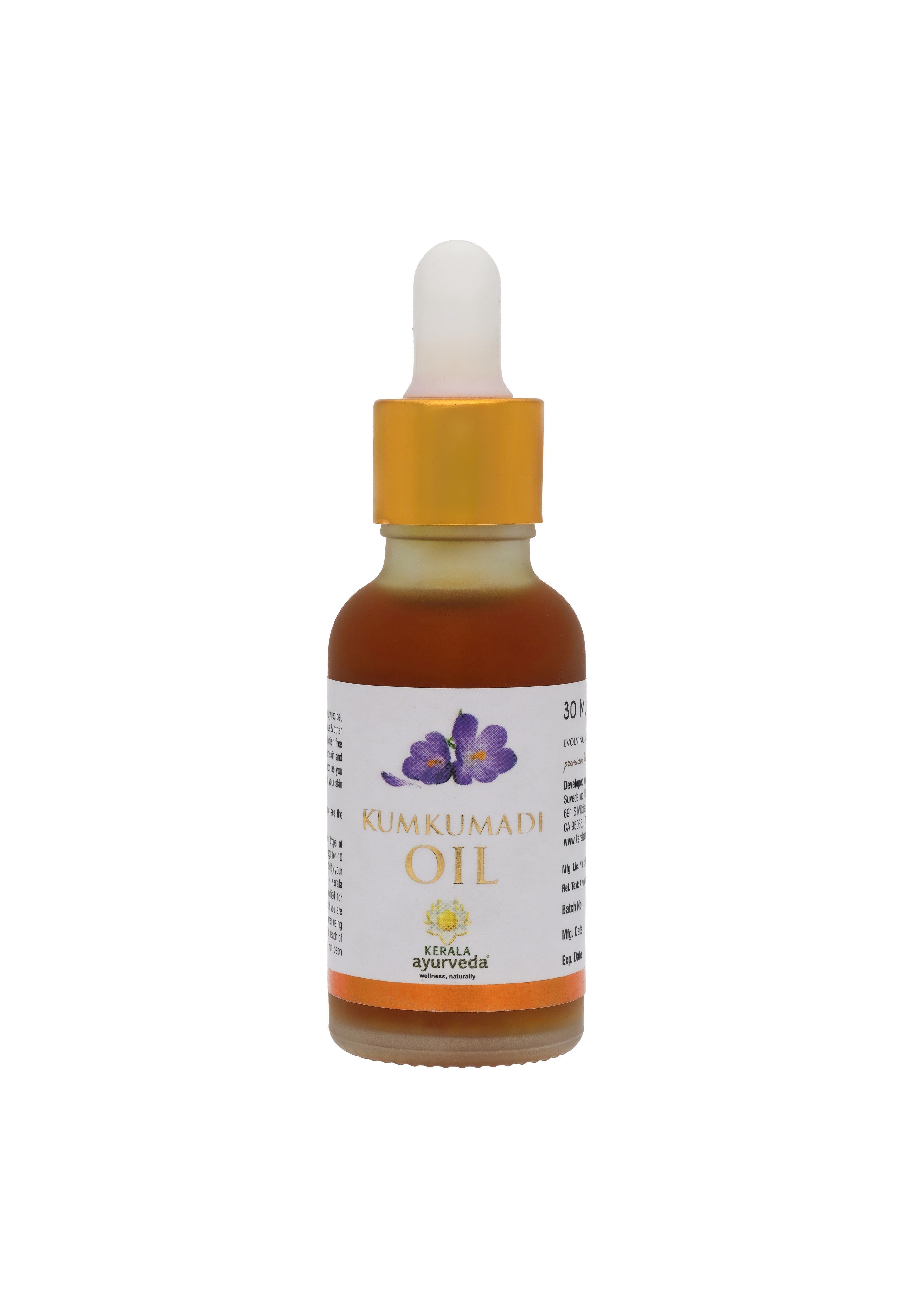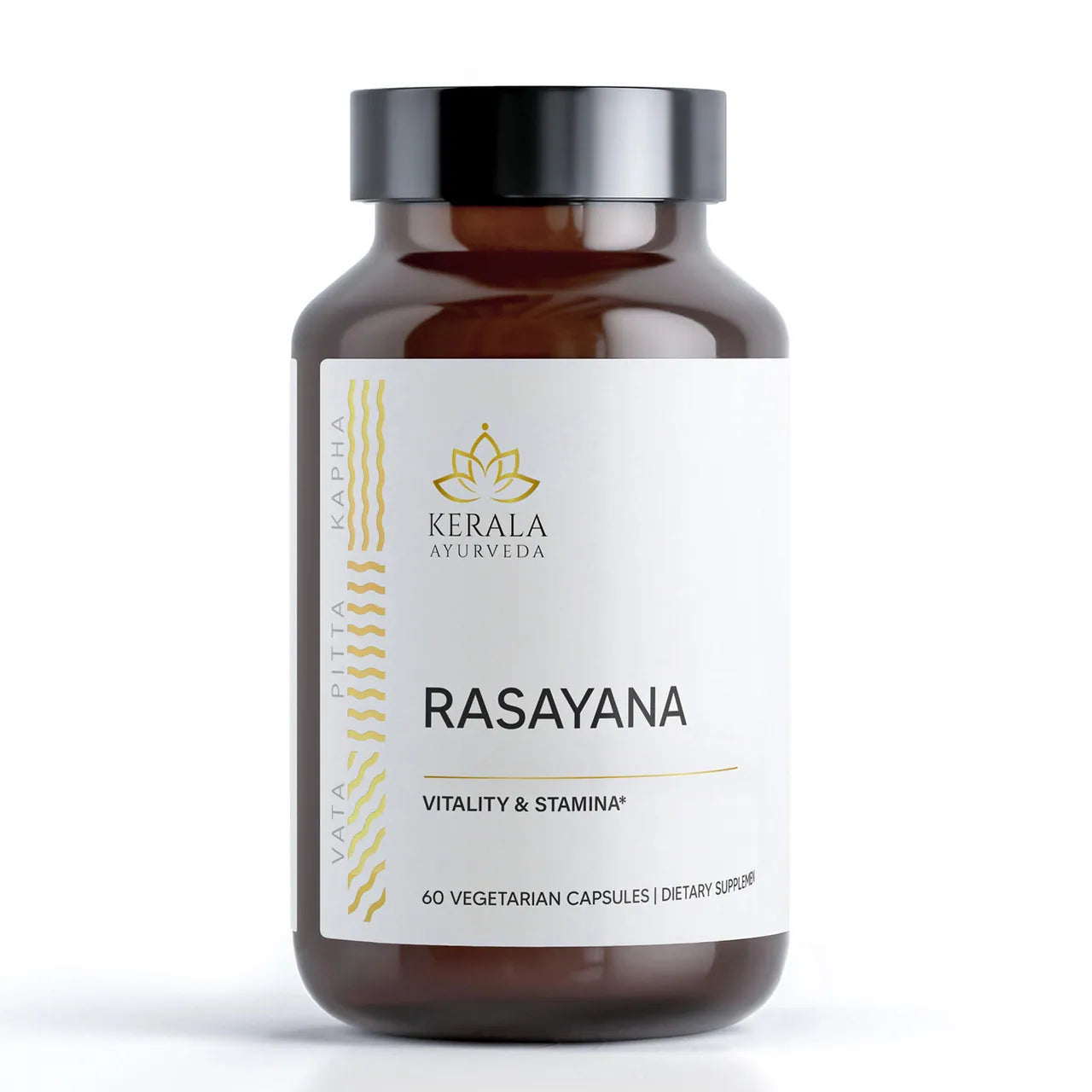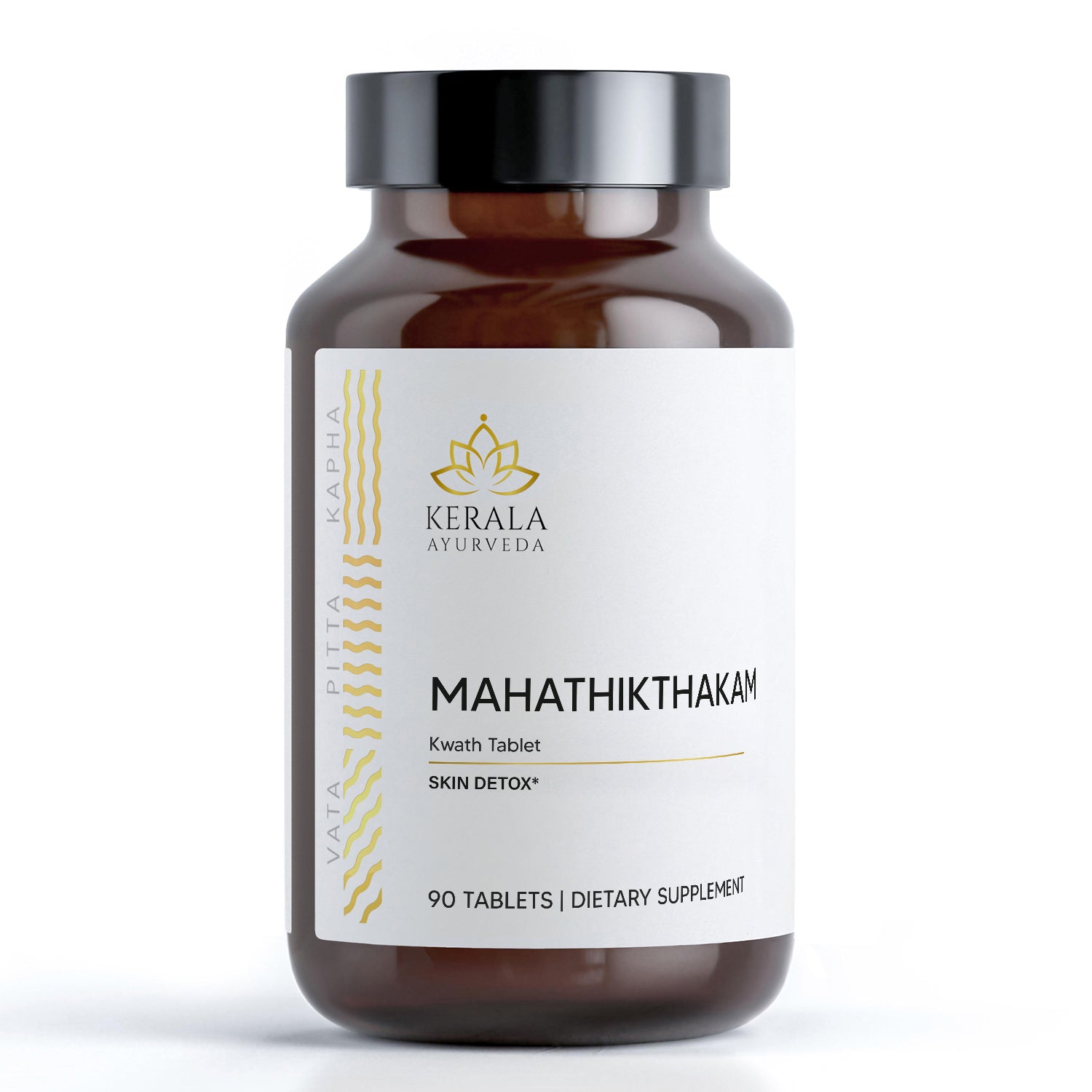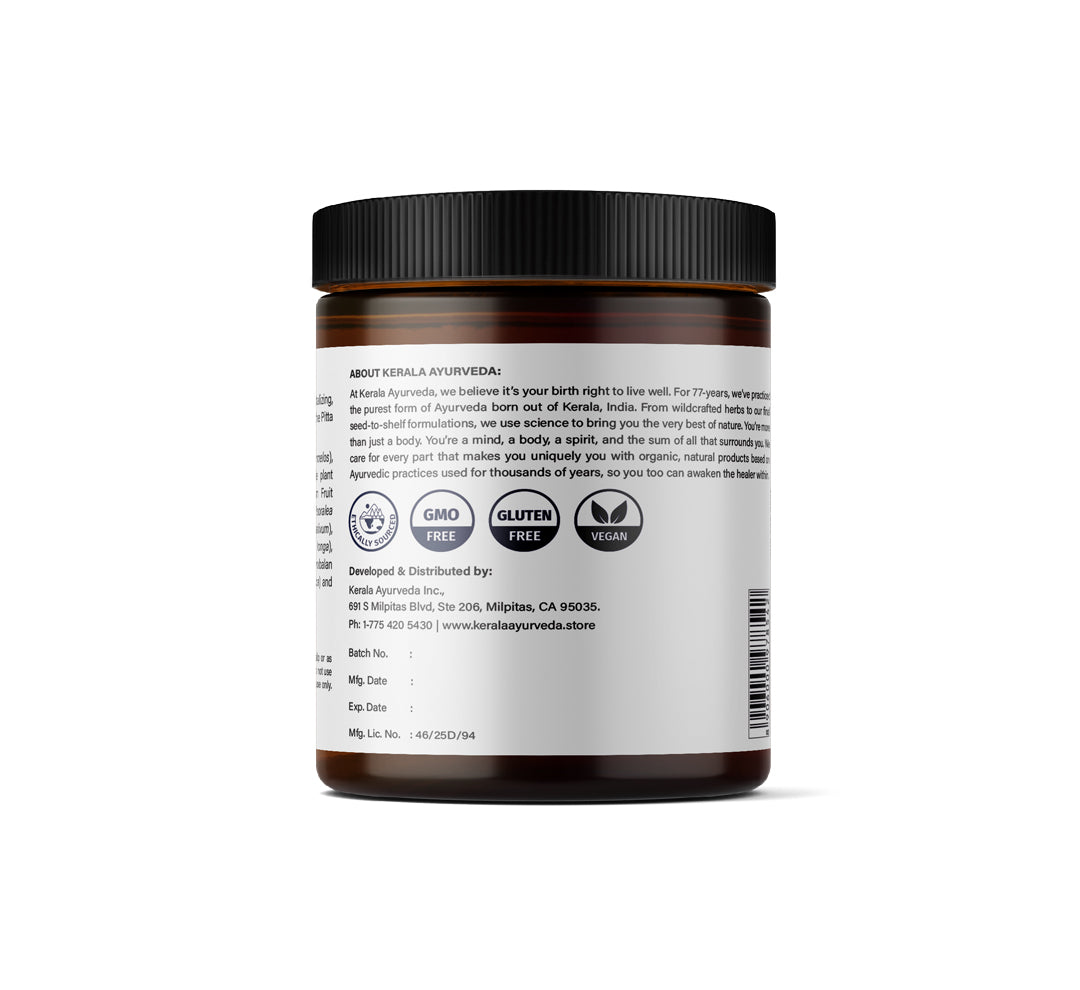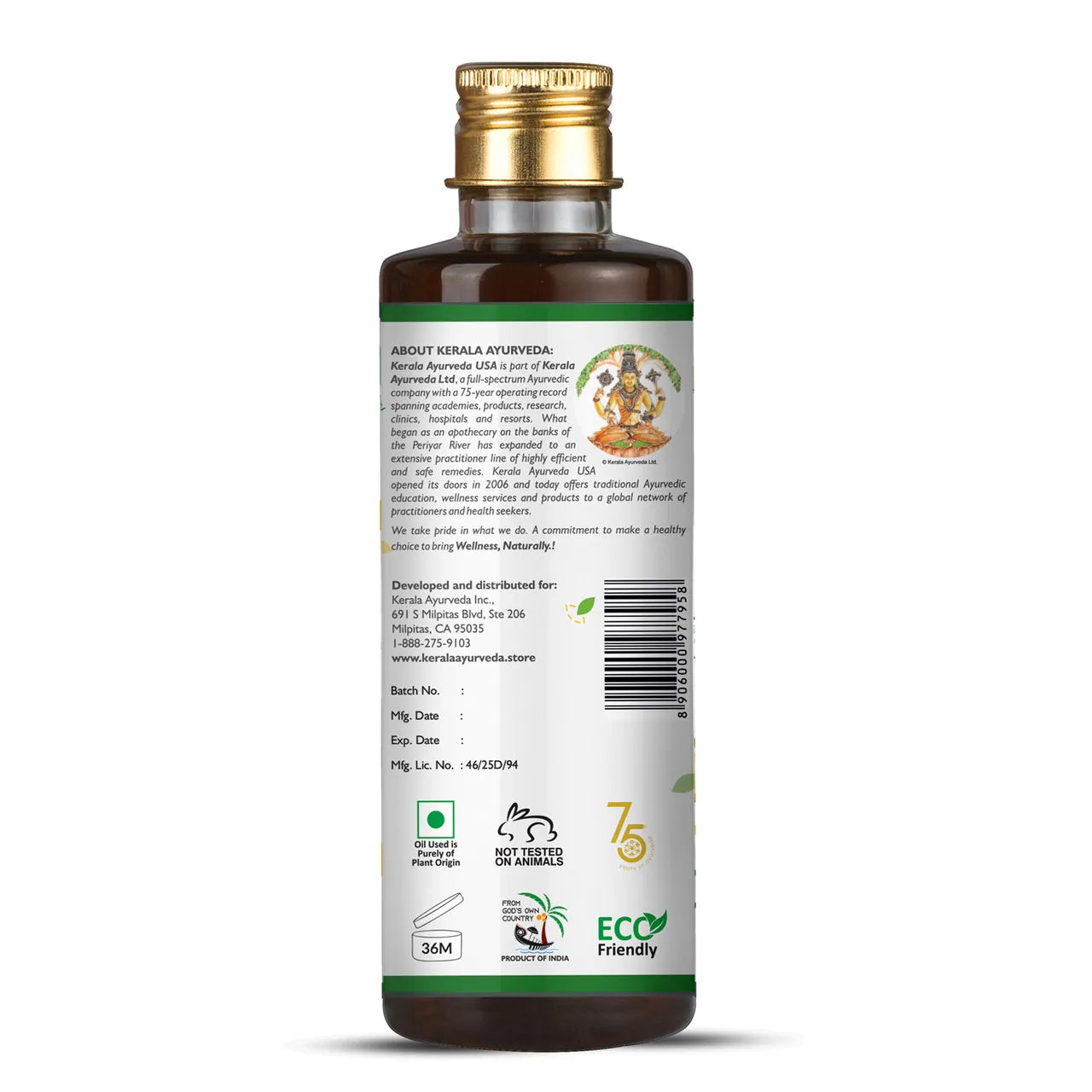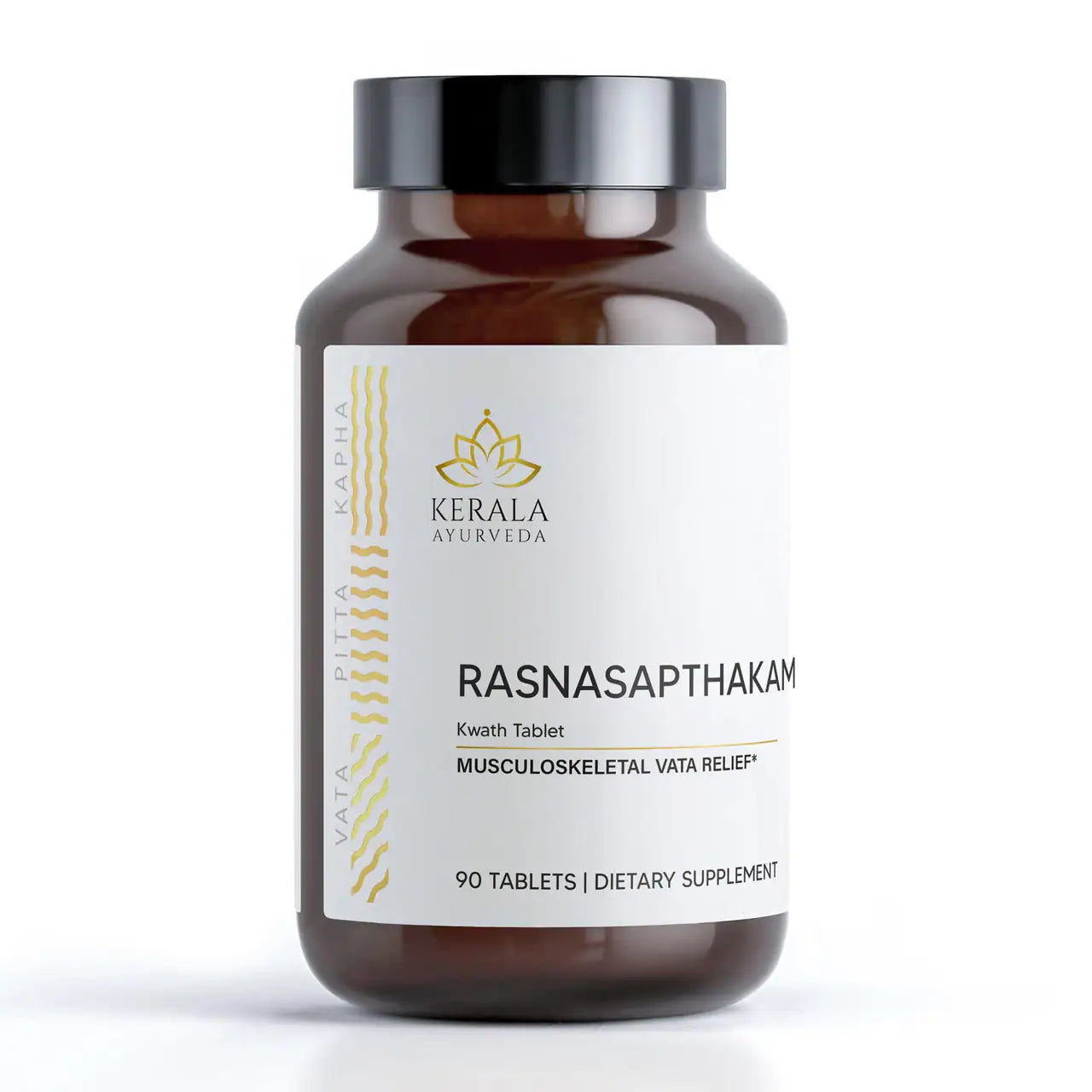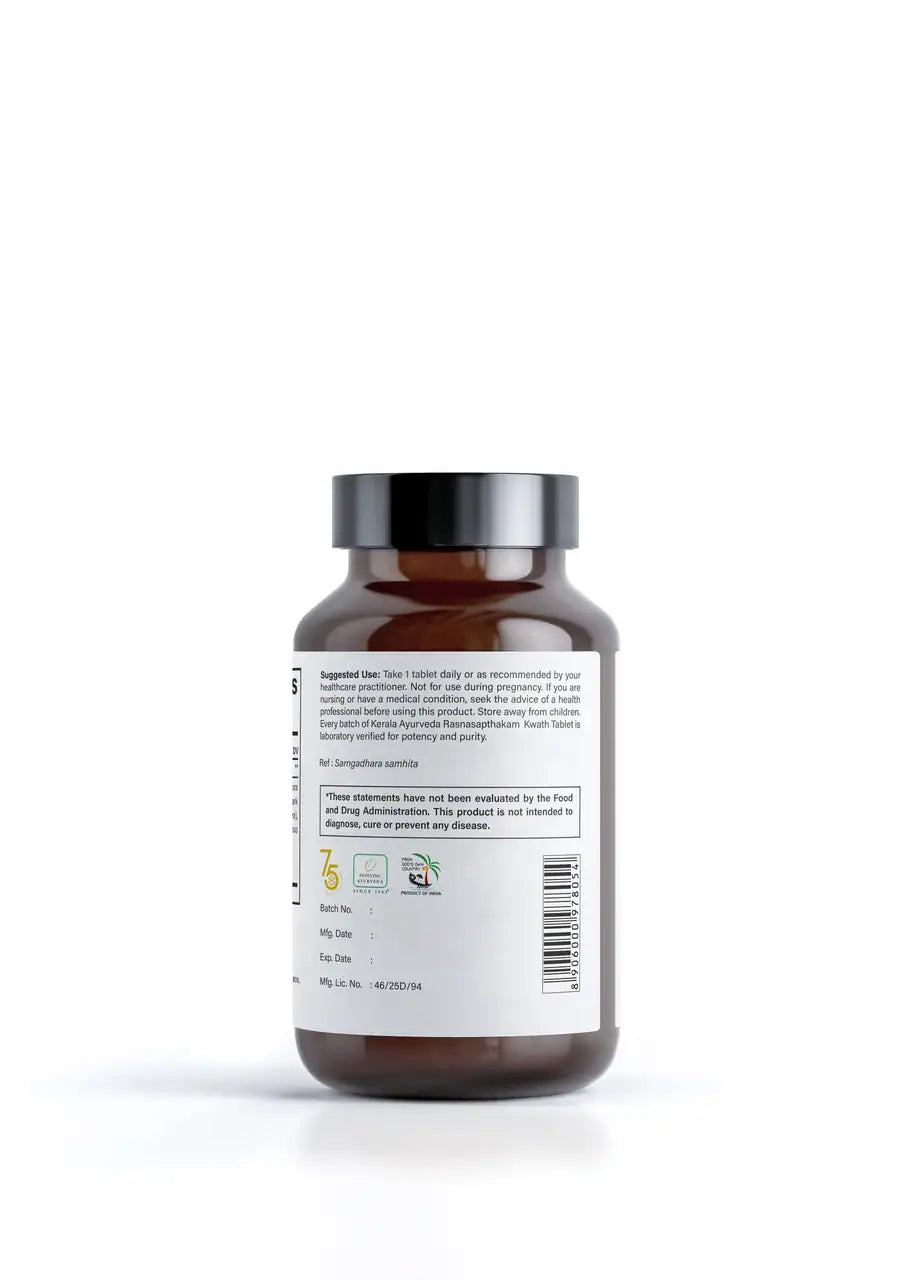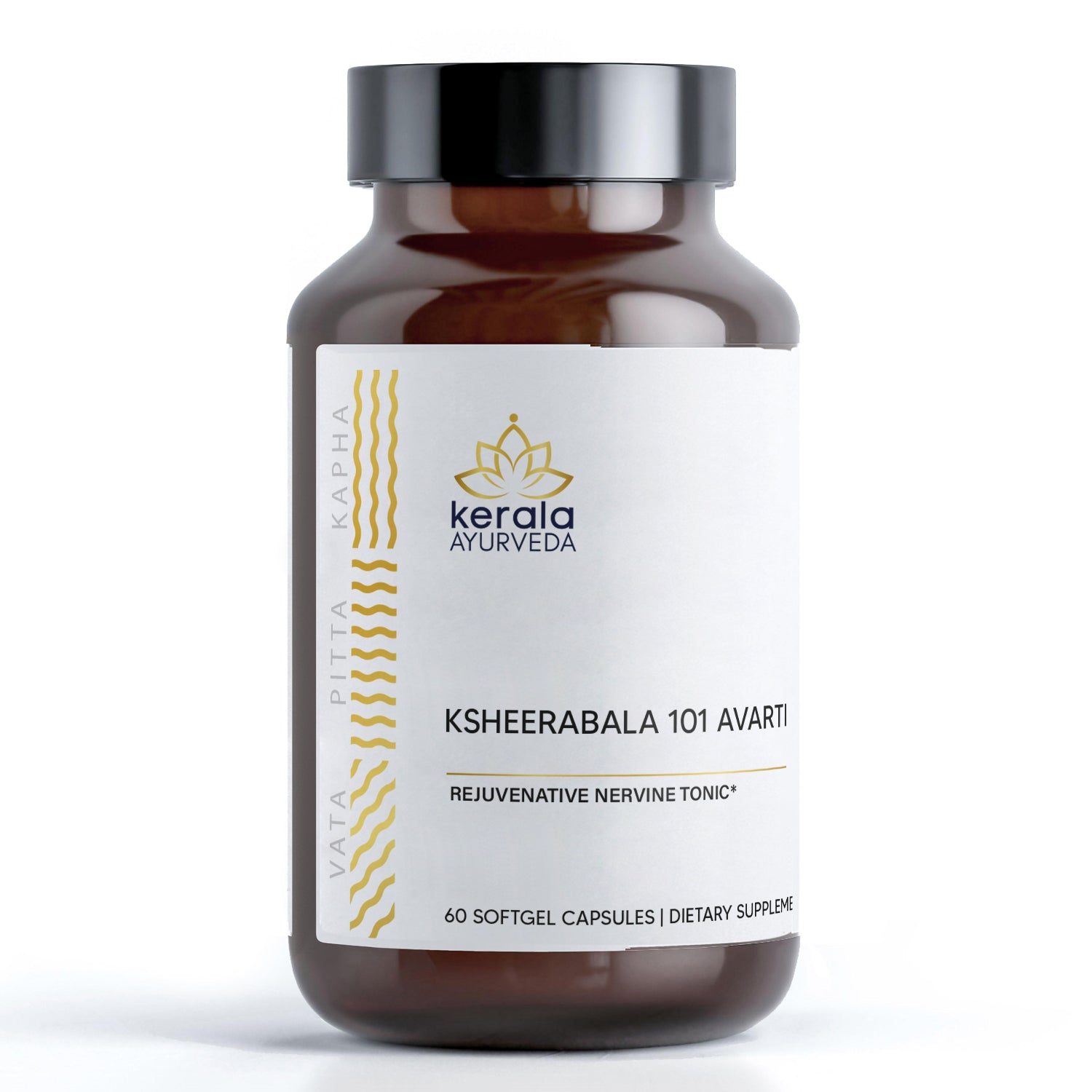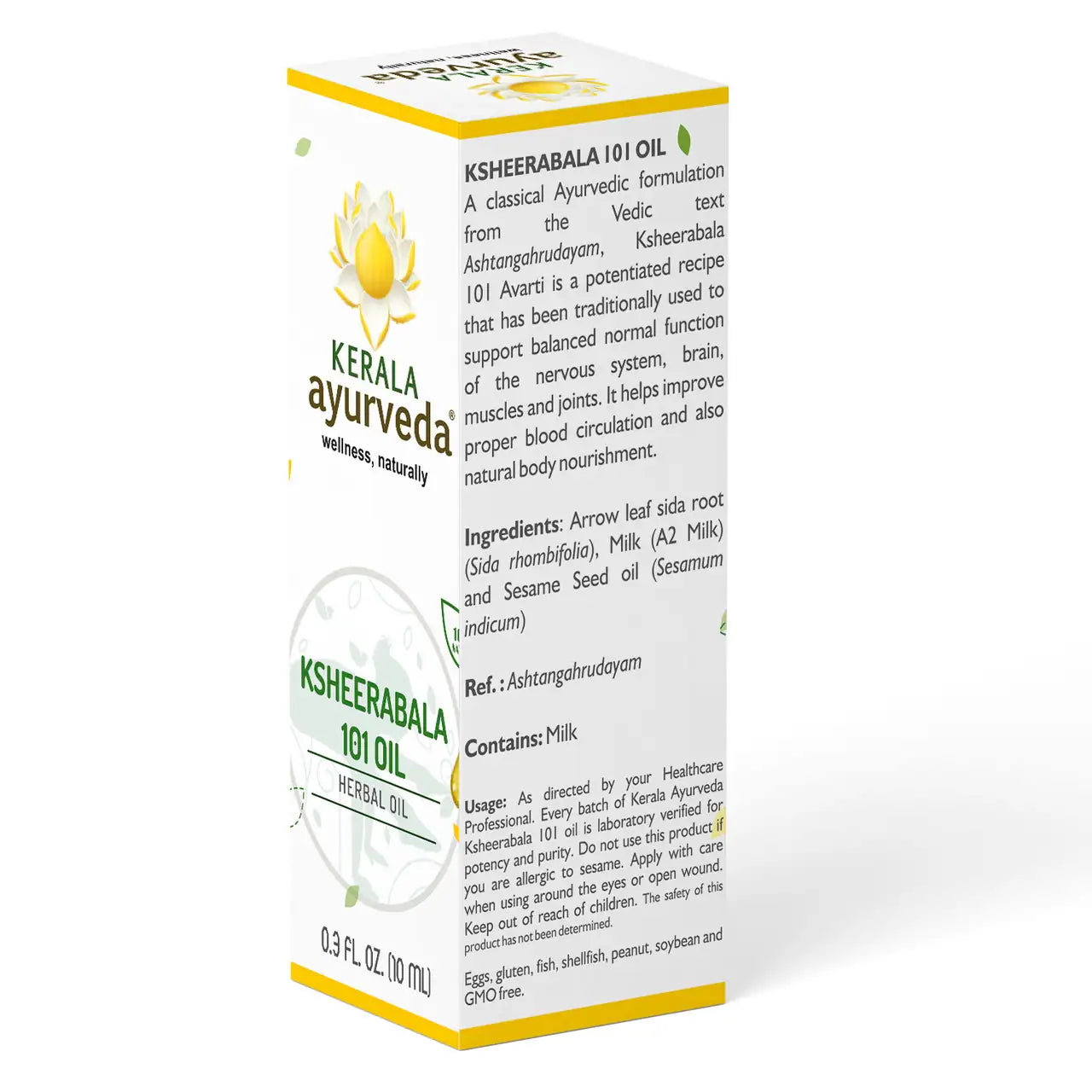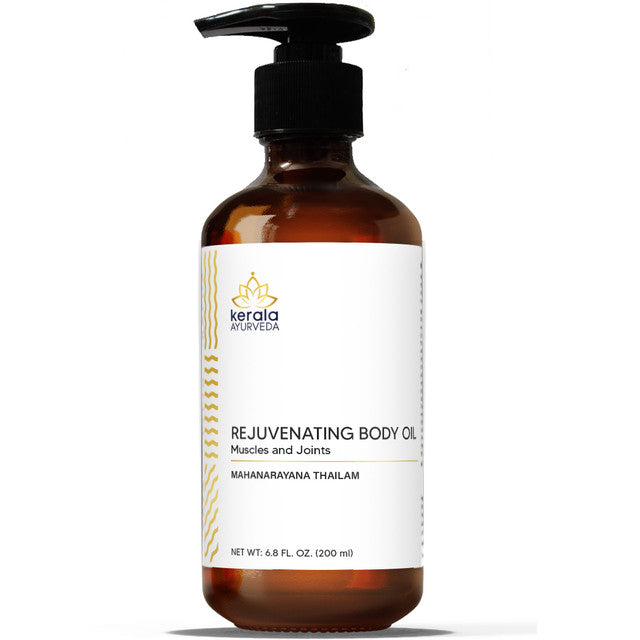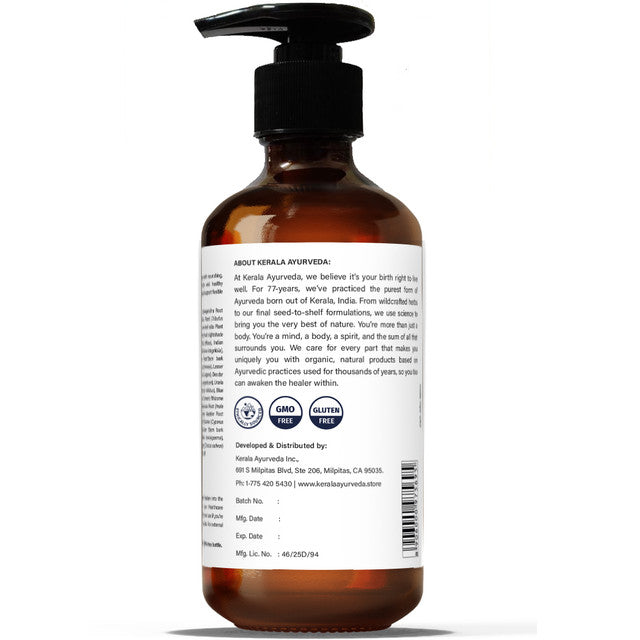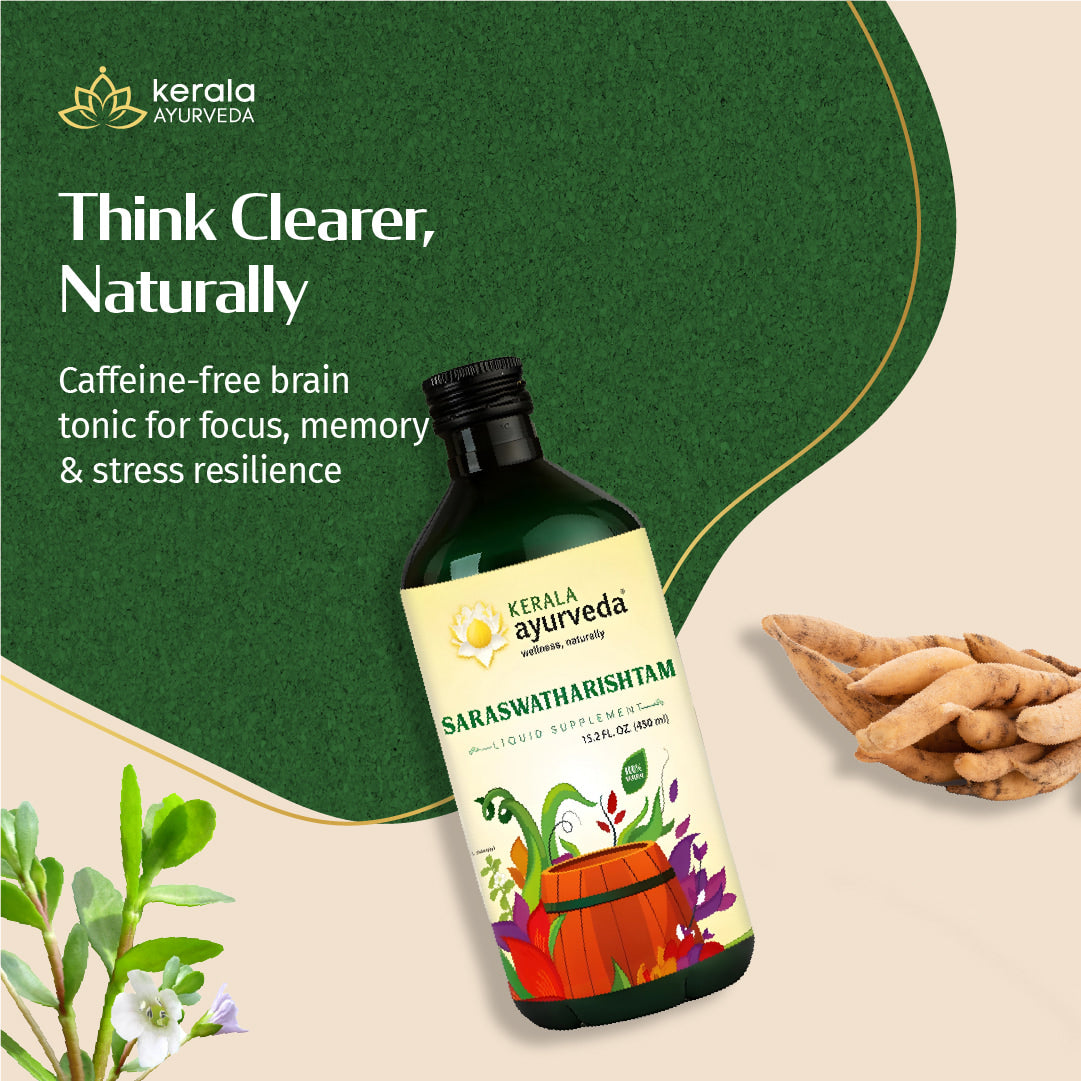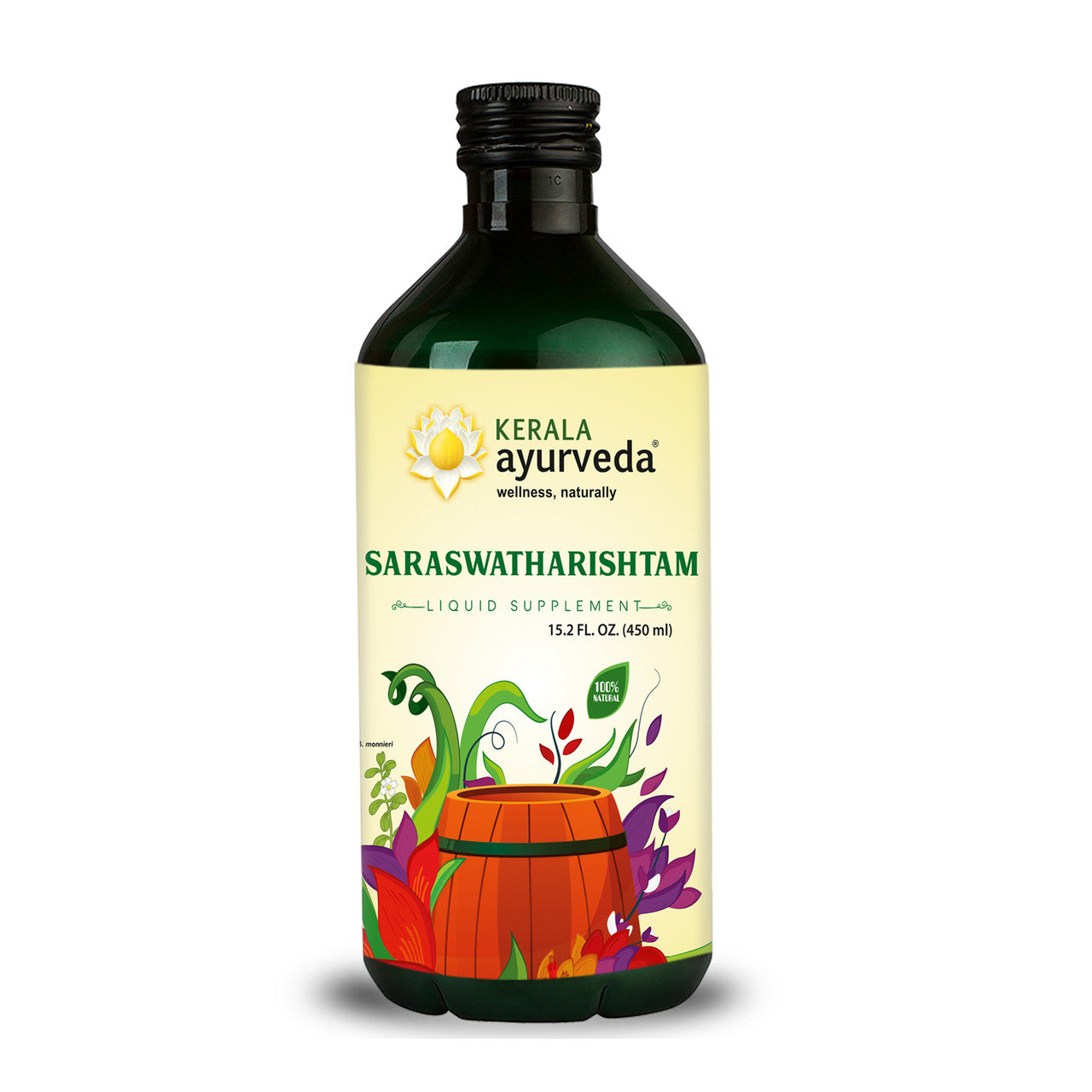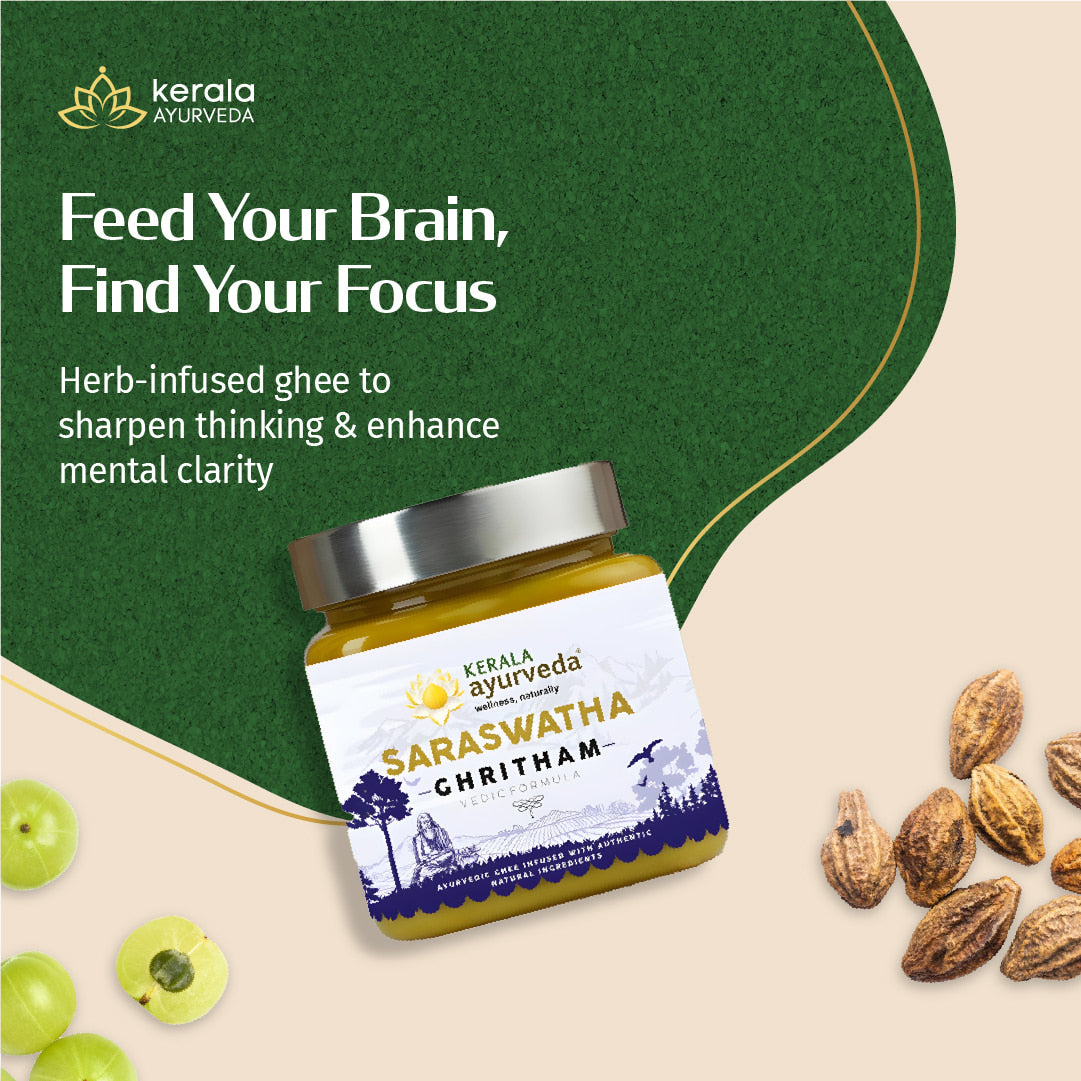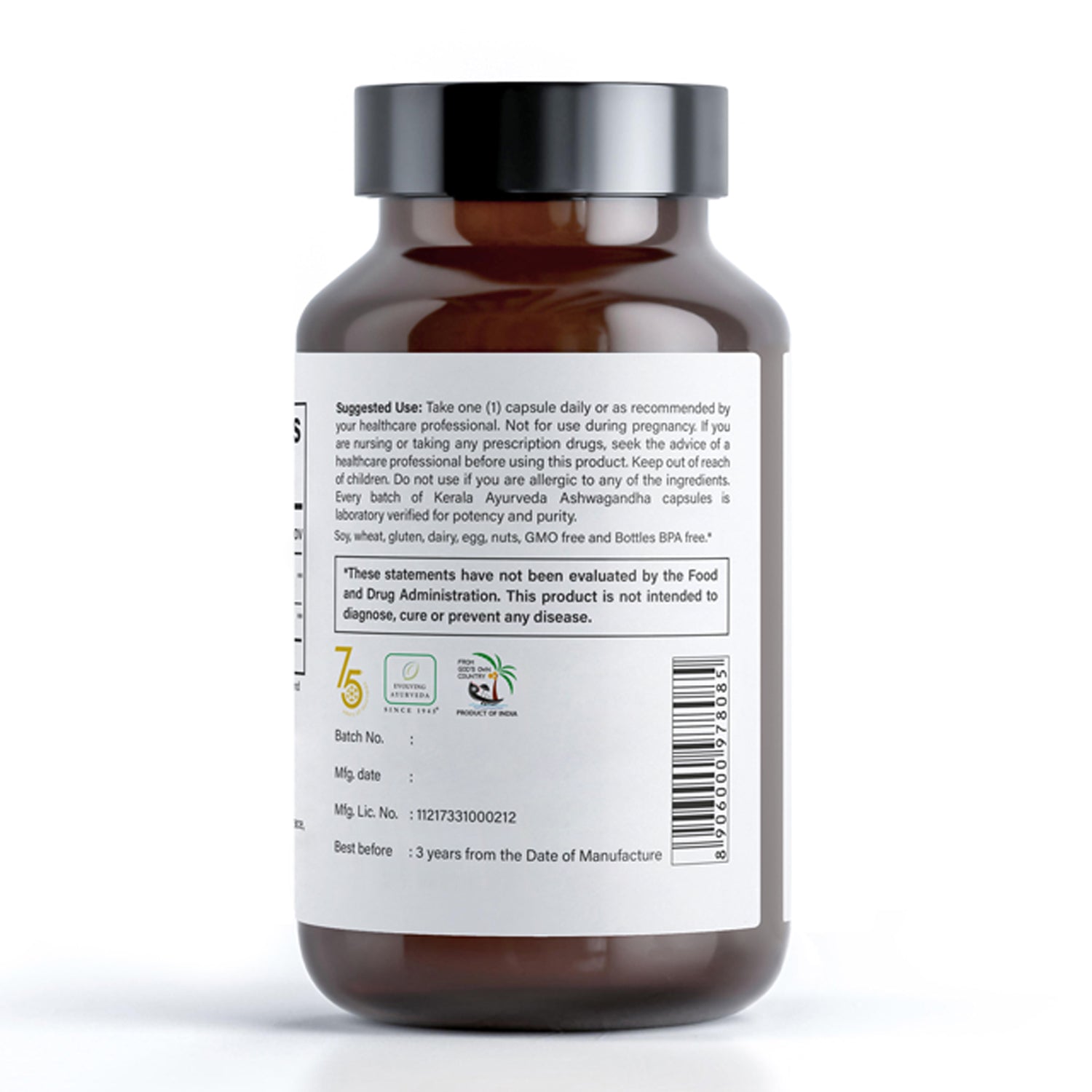Highlights
In today's fast-paced world, mental health challenges have become increasingly common. While modern psychology offers valuable treatments, ancient healing systems like Ayurveda provide complementary perspectives that can enrich our approach to emotional and mental wellbeing. One particularly relevant Ayurvedic concept is Sadhaka Pitta—a subtle energy that forms a crucial bridge between our heart and mind. Let's explore this concept and how it can help us navigate contemporary mental health challenges.
Understanding Sadhaka Pitta

In Ayurveda, the 5,000-year-old holistic healing system from India, our bodies and minds are governed by three main energies or Doshas—Vata, Pitta, and Kapha. Each of these doshas has sub-types that perform specific functions. Sadhaka Pitta is one of the five sub-types of Pitta dosha.
The name itself reveals its purpose: "Sadhaka" means "to achieve" or "that which enables one to achieve things." This energy is responsible for:
- Motivating and energizing us to accomplish tasks
- Helping us make decisions and draw conclusions
- Enabling us to complete and fulfill our responsibilities
- Enhancing our productivity and efficiency
- Developing our intellect and cognitive abilities
Where is Sadhaka Pitta Located?
Ayurvedic texts state that Sadhaka Pitta resides in the "Hrudaya," which can be interpreted in two ways:
- The physical heart (Urogata Hrudaya)
- The brain (Shirogata Hrudaya)
Given its functions related to cognition, decision-making, and achievement, many Ayurvedic scholars believe Sadhaka Pitta primarily operates through the brain while maintaining a connection to the heart. This aligns with the ancient Ayurvedic text Charaka Samhita, which states: "hridaye chetana sthanam"—the seat of consciousness resides in the heart.
This heart-mind connection highlights why Sadhaka Pitta is so crucial for mental health—it bridges our emotional center (heart) with our cognitive center (brain).
Sadhaka Pitta and Mental Health

When Sadhaka Pitta functions optimally, we experience:
- Mental clarity and sharp intellect
- Strong decision-making abilities
- Motivation and enthusiasm to pursue goals
- Effective processing of emotions
- Balanced emotional responses
- Resilience during challenging times
However, when Sadhaka Pitta becomes imbalanced or specifically weakened, mental health challenges can arise:
- Depression and anxiety
- Lack of motivation or direction
- Difficulty processing emotions
- Indecisiveness
- Memory problems
- Mental fatigue
- Excessive negativity
In Ayurveda, many mental health disorders known as Manasika Roga are understood as imbalances in Sadhaka Pitta. This energy governs three crucial aspects of mental function:
- Learning ability (dhi)
- Retention of information (dhriti)
- Memory recall (smriti)
When Sadhaka Pitta weakens, these functions decline, and emotional processing becomes increasingly difficult.
The Modern Relevance of Sadhaka Pitta

Contemporary neuroscience has confirmed what Ayurveda has long recognized—the profound connection between our emotions and thoughts. Research on the gut-brain axis, heart-brain coherence, and psychoneuroimmunology all point to the intricate relationships between different systems in our body.
Modern science acknowledges that chronic stress and emotional imbalances can impact our physical health, just as Ayurveda describes how imbalanced Sadhaka Pitta affects both mind and body. When we fail to process emotions effectively, they can create negative patterns or Samskaras that impact our overall wellbeing.
Think of Sadhaka Pitta as an emotional furnace. When strong, it efficiently processes emotions, allowing us to move forward with a positive outlook. When weak, emotions remain unprocessed, creating psychological and physical symptoms.
Strengthening Sadhaka Pitta for Better Mental Health

Here are evidence-informed Ayurvedic approaches to strengthen Sadhaka Pitta and improve mental wellbeing:
-
Mindful Meditation
Regular meditation practice helps calm the mind and improve emotional processing. Research shows that mindfulness-based interventions reduce symptoms of anxiety and depression—conditions associated with weakened Sadhaka Pitta.
Practice: Set aside 10-15 minutes daily for meditation, focusing on your breath and observing thoughts without judgment. -
Heart-Centered Practices
Since Sadhaka Pitta connects heart and mind, practices that nurture heart energy are beneficial. Cultivating compassion, gratitude, and forgiveness helps strengthen this energy.
Practice: Spend a few minutes each day writing down things you're grateful for or practicing loving-kindness meditation. -
Balanced Nutrition
Foods that balance Pitta dosha can help strengthen Sadhaka Pitta.
Practice: Include cooling herbs like mint or coriander in your daily diet, and reduce excessive spicy, oily, or acidic foods, favor sweet, bitter, and astringent tastes, cooling foods like coconut, cucumber, dates, pomegranate, omega-3 rich foods like flaxseeds and walnuts, and herbs such as brahmi, ashwagandha, and butterfly pea.
-
Regular Exercise
Physical activity balances doshas and improves circulation, delivering nutrients to the brain. It also releases endorphins that boost mood.
Practice: Engage in moderate exercise like walking, swimming, or yoga for 30 minutes daily. -
Proper Sleep Hygiene
Quality sleep is essential for mental processing and emotional regulation.
Practice: Establish a consistent sleep schedule, avoid screens before bedtime, and create a calming pre-sleep routine. -
Cognitive Reframing
Consciously redirecting negative thoughts aligns with the Ayurvedic concept of using Sadhaka Pitta's discriminative abilities.
Practice: When negative thoughts arise, pause and ask yourself, "Is this thought helpful? Is there another more positive perspective?" -
Nature Connection
Spending time in nature calms the mind and helps process emotions.
Practice: Take a peaceful walk in nature, in the forest or beach for at least 30 minutes, or simply sit under a tree, fully present with natural surroundings.
Ayurvedic Formulations Support Sadhaka Pitta

Traditional Ayurvedic herbs like Brahmi (Bacopa monnieri), Ashwagandha (Withania somnifera), and Butterfly Pea (Clitoria ternatea) help support balancing and strengthening the heart-mind connection. The following products utilize the healing power of these herbs.
Saraswatharishtam is a natural nootropic tonic (enhances cognitive functions) useful for focus, information retention, and stress support, creating the right environment for clear thinking. Herbs like Brahmi and Ashwagandha are traditionally blended and used simultaneously to invigorate and calm the nervous system for optimal brain function and a mind-body symbiosis which lessens stress.
Saraswatha Ghritham is an herb infused ghee for cognitive wellness which supports mental clarity, memory, and focus, making it ideal for students, professionals, or anyone seeking sharper thinking. It supports stress management by calming the mind and ghee helps balance the body’s stress response for inner peace and vitality.
Brahmi, 60 Veg Capsules are a potent adaptogen that supports the body's natural response to stress. Experience the revitalizing effects of an herbal brain supplement used for centuries to support memory, focus, concentration, and relaxation.
Brahmi Ghritham is an herb infused ghee with brahmi and butterfly pea that supports focus and memory. It is a go-to Ayurvedic companion if you are looking to boost brainpower and is perfect for students, professionals, and seniors, as it helps improve focus, memory retention, overall mental clarity, and reduces stress.
The Path to Emotional Resilience

Ayurveda offers a concept called Sattva Vijaya, which means “victory through balance”, and represents the state of inner harmony that comes from properly functioning Sadhaka Pitta. This balanced state fosters peace, positivity, and emotional resilience. The concept of Sattva Vijaya not only prevents the impairments of Dhi (learning ability), Dhriti (retention of information), and Smriti (memory recall) but also brings them back toward a normal state and ultimately leading to a happy healthy life.
By understanding and nurturing ourselves through mindful practices, we can develop better emotional processing abilities and mental clarity. This ancient wisdom complements modern therapeutic approaches, offering a holistic path to mental wellbeing that addresses both the physical and energetic aspects of our being.
If you would like personalized guidance, consider scheduling an Ayurvedic Wellness Consultation for a tailored approach designed just for you. We would love to hear your wellness story and help you find the right Ayurvedic solution.

References
- Dr. Raghuram Y.S. MD (Ay) & Dr. Manasa, B.A.M.S. (2018, December 19). Sadhaka Pitta – Location, Functions, Imbalance, Disorders, Treatment. Easy Ayurveda. https://www.easyayurveda.com/2018/12/19/sadhaka-pitta/
- Bagali SS, Baragi UC, Deshmukh RA. Concept of Sattvavajaya Chikitsa (Psychotherapy). J Ayurveda Integr Med Sci 2016;1(1):56-63. http://dx.doi.org/10.21760/jaims.v1i1.3637
This blog is for informational purposes only and should not replace professional medical advice. If you are experiencing mental health symptoms, please consult with a medical healthcare provider.




